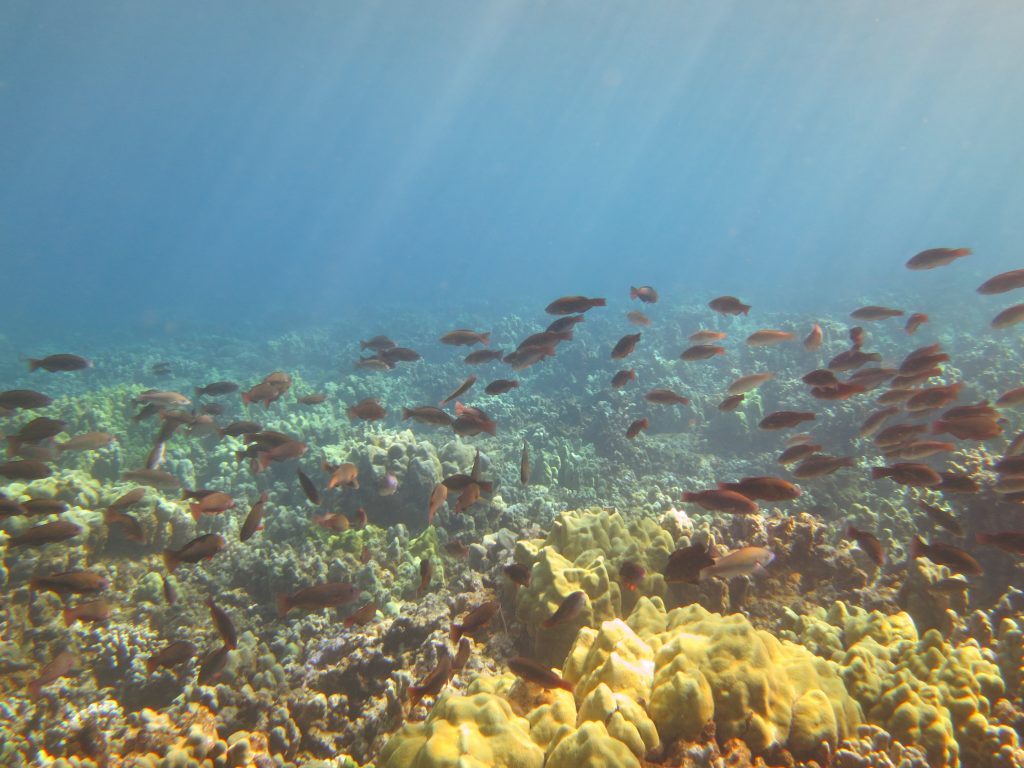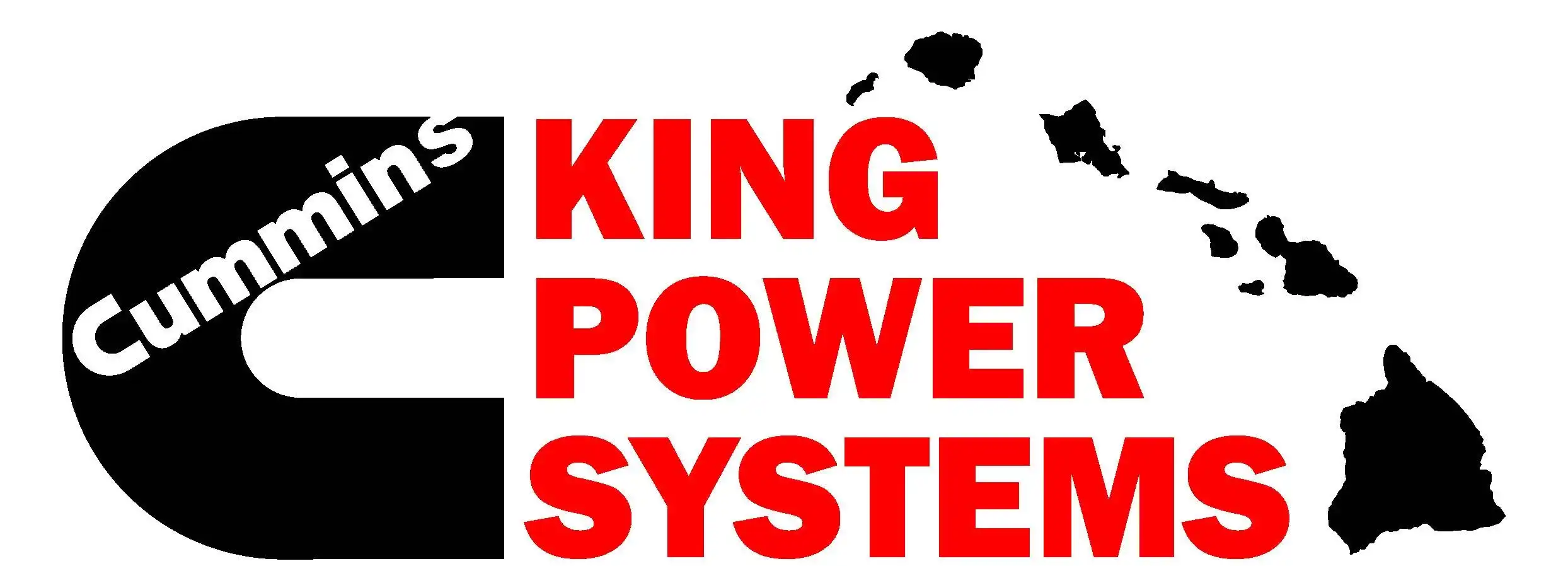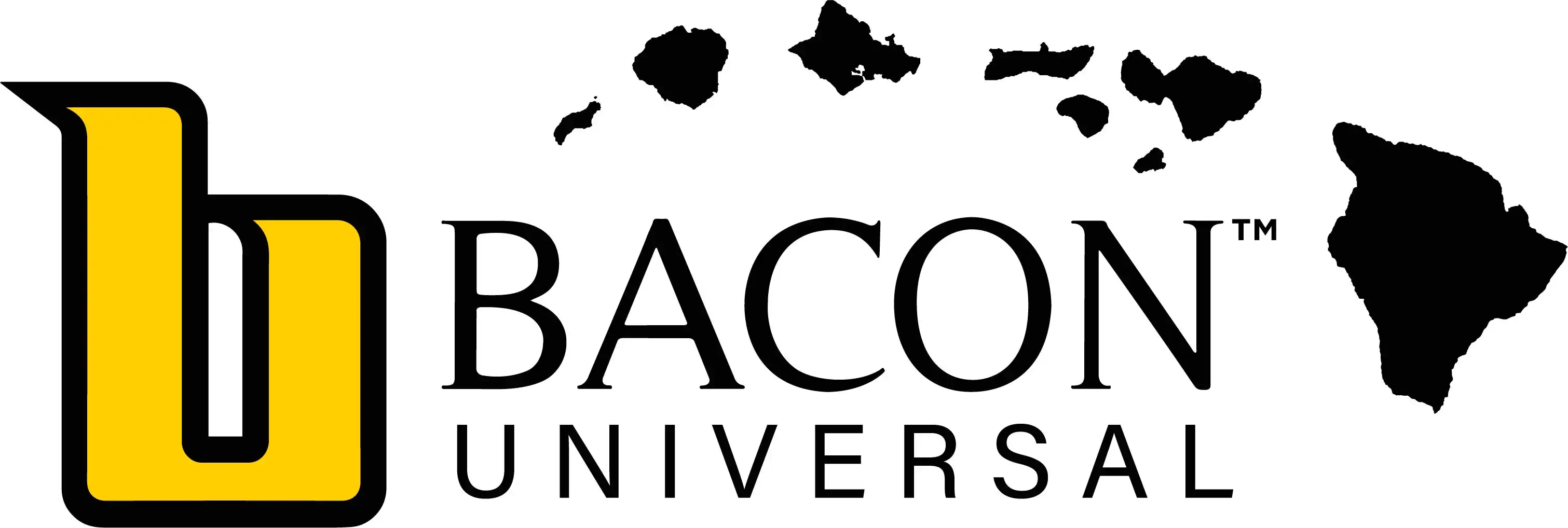Legislation Aims to Address Threats Facing Coral Reefs
In recognition of National Oceans Month, US Senator Mazie Hirono and Representative Ed Case of Hawaiʻi introduced legislation that aims to support practices to preserve, sustain, and restore coral reef ecosystems.
The Coral Reef Sustainability Through Innovation Act of 2019 seeks to address threats facing the nation’s coral reef ecosystems by directing the 12 federal agencies on the US Coral Reef Task Force to use existing cross-agency funding to carry out a coral health prize competition. Additionally, the legislation would allow federal agencies to work with private entities to both fund and administer the prize competition.

A school of juvenile parrotfishes, protected within the Kahekili Herbivore Fisheries Management Area, swim over the reef in spring of 2014, an optimistic sign signaling early stages of this reef’s recovery. File photo credit: Liz Foote
“The waters surrounding Hawaiʻi are home to more than 620 square miles of coral reef and a quarter of the world’s marine life, including thousands of native species found nowhere else in the world. Hawaiʻi’s coral reefs generate nearly $800 million in economic activity each year for our state. We cannot afford to sit by as the health of our oceans continues to decline,” Sen. Hirono said.
“This bill encourages federal agencies as well as the private sector to come together to find innovative solutions to help our declining reefs. Collaborative partnerships such as these are desperately needed to ensure that our marine environments and the numerous services they provide will be around for future generations,” said Sen. Hirono.
“This no-cost bill that amends the proven Coral Reef Conservation Act of 2000 to authorize federal agencies on the US Coral Reef Task Force to use current funds or partner with other agencies, states, tribes, local governments or private entities to offer prize competitions to incentivize research on coral reefs,” said Rep. Case.
Prize competitions that encourage public-private partnerships, such as the one that this bill proposes, have an established record of spurring innovation that can be integrated into a next-generation federal ocean management strategy. This small step could generate huge leaps forward in the preservation and protection of one of the most critical and endangered corners of our natural world,” Case said.
Representative Jenniffer Gonzalez Colon said, “I’m proud to cosponsor the Coral Reef Sustainability Through Innovation Act to incentivize research on coral reefs, which provide environmental and economic benefits to coastal communities across our nation. According to the US Geological Survey, the annual value of flood risk reduction provided by US coral reefs is more than 18,000 lives and $1.805 billion. In Puerto Rico, coral reefs annually protect more than 4,200 people and over $183 million worth of buildings and economic activity. This bill brings us a step closer in developing effective solutions to protect our corals, and I look forward to working with Congressman Case and Senator Hirono to achieve its passage.”
Brian Taylor, Dean of the University of Hawaiʻi Mānoa’s School of Ocean and Earth Science and Technology referenced Ruth Gates, Sundance-award-winning ‘Chasing Coral’ science adviser, and former director of the Hawaiʻi Institute of Marine Biology at the University of Hawaiʻi who said ‘If we do not intervene in the next 10 years, we will be discussing the demise of [coral] reefs in our lifetime.’
Taylor continued, saying, “The time is short to save corals and humanity. This legislation of Senator Hirono and Representative Case to promote innovation in coral reef research and conservation uses prize competitions to spur public-private partnerships to help save coral reef ecosystems, and we humans who depend on them. There is no time to lose in enacting this bill.”
A peer-reviewed study commissioned by the National Oceanic and Atmospheric Administration estimates the total economic value of coral reefs in the main Hawaiian Islands alone to be nearly $34 billion. Backers of the bill say healthy reefs contribute to local economies through tourism and provide shoreline protection during severe weather events by mitigating damaging wave action.
Coral reefs are currently facing a number of threats including climate change, bleaching, disease, overfishing, and pollution, among others. In recent years, reefs in and around Hawaiʻi have suffered due to these threats. According to information compiled by backers of the bill, reefs such as Honolua Bay on Maui faced coral cover drop from 42% to just 9% between 1994 and 2006.
As highlighted in a recent report from the National Academy of Sciences on interventions to increase coral resilience, several new innovative approaches to improving coral health have been identified within the past decade, with many others on the horizon.
In addition to Senator Hirono, the Coral Reef Sustainability Through Innovation Act of 2019 is also co-sponsored by Senators Jeff Merkley (D-Ore.), Tom Carper (D-Del.), Dianne Feinstein (D-Calif.), Cory Booker (D-N.J.), and Ed Markey (D-Mass.). There are 11 cosponsors in the US House of Representatives, including Representative Tulsi Gabbard (D-Hawaiʻi).









